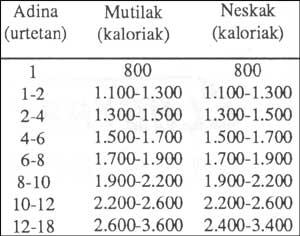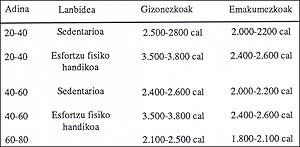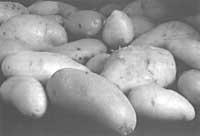What is the right measure?
1988/02/01 Agirre, Jabier - Medikua eta OEEko kidea Iturria: Elhuyar aldizkaria
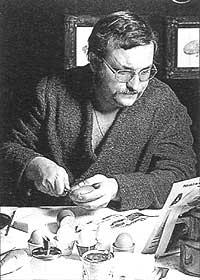
Some diseases require special dietary measures. In diabetes, for example, you have to reduce the consumption of sugars and carbohydrates. In renal insufscience it is necessary to reduce proteins and potassium, since the products generated in the metabolism of these substances cannot be excribed by the affected kidneys. In liver failure, protein decreases are also common.
The best way to lose weight is by taking fewer calories each day. How is this understood? The body is like a machine that needs fuels to advance its daily activity. In this balance, when the calories we eat through food are more than the calories the body burns in its daily work, those excess calories (or not burned) accumulate. Therefore, all food measures used for weight loss are based on calorie reduction.
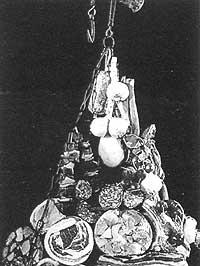
And what is calorie? Unit accepted for measuring amounts of heat in physics. The amount of heat needed to raise the temperature of a gram of water from 14.5 to 15.5°C. Its abbreviation is lime. A kilocalorie (kilocalorie = 1,000 calories) is often used instead of using calories. Because heat is a type of energy, calories are also a unit of energy.
It is clear, therefore, that the amount of calories you need each day depending on the profession of the person will not always be the same. Below are the average energy needs of adults and children in Tables 1 and 2.
It is observed that at rest a man needs about 2,700 calories daily and about 600 more for work. To ensure this, the daily ration of a healthy adult must preserve its proteins, lipids and carbohydrates within a series of measures: 80-120 g protein, 50-70 g lipids and 350-500 g carbohydrates.
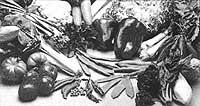
To make the diet or measure of eating adequate and healthy, some suggestions can be made:
- Cook or pack less.
- Reduce salt intake.
Eat more vegetables and less animal food.
Eat more food rich in waste.
Less fat, and especially less animal fat.

Always keep in mind that the least recommended products are salty, sweet (sugar) or dairy (excess fat).
- EGGS. They are rich in protein, minerals and vitamins, but also in fats, especially cholesterol.
Milk, cheese. have great energy content, but its fat content is high. This content is slightly reduced in skim milk.
MEAT. It is rich in protein but also in fat. White meat (chicken or turkey, e.g.) less fat than red.
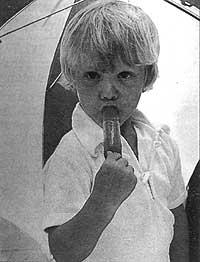
POTATOES. They are high in calories, so they are a good source of energy.
Vegetables. They are excellent foods that provide us with essential residues and vitamins. However, when cooked too much, valid nutrients are lost.
FRUITS. They are a good source of nutrients and fibers. As most foods must be eaten raw and in time, so they do not lose their conservative value. Adequate source of vitamin C. Freshly made and sugar-free are the ones with the highest nutritional value.
CANNED. They change size and make food more enjoyable. They are often high in sugar. Often, when partially cooked, some nutrients are wasted.
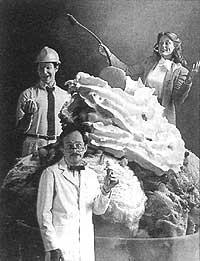
BUTTER. Rich in calories and fats. Margarine has less animal fat and fewer calories.
SUGAR. It is very rich in calories, but has no conservative value.
WINE. It is a good complement to any meal, but like any other alcoholic beverage, it should be taken in moderation.
BEER. Being rich in calories, it has no other conservative value.
Coffee, tea. Low or no maintenance values. If consumed in excess they can add heartbeats (or palpitations).
